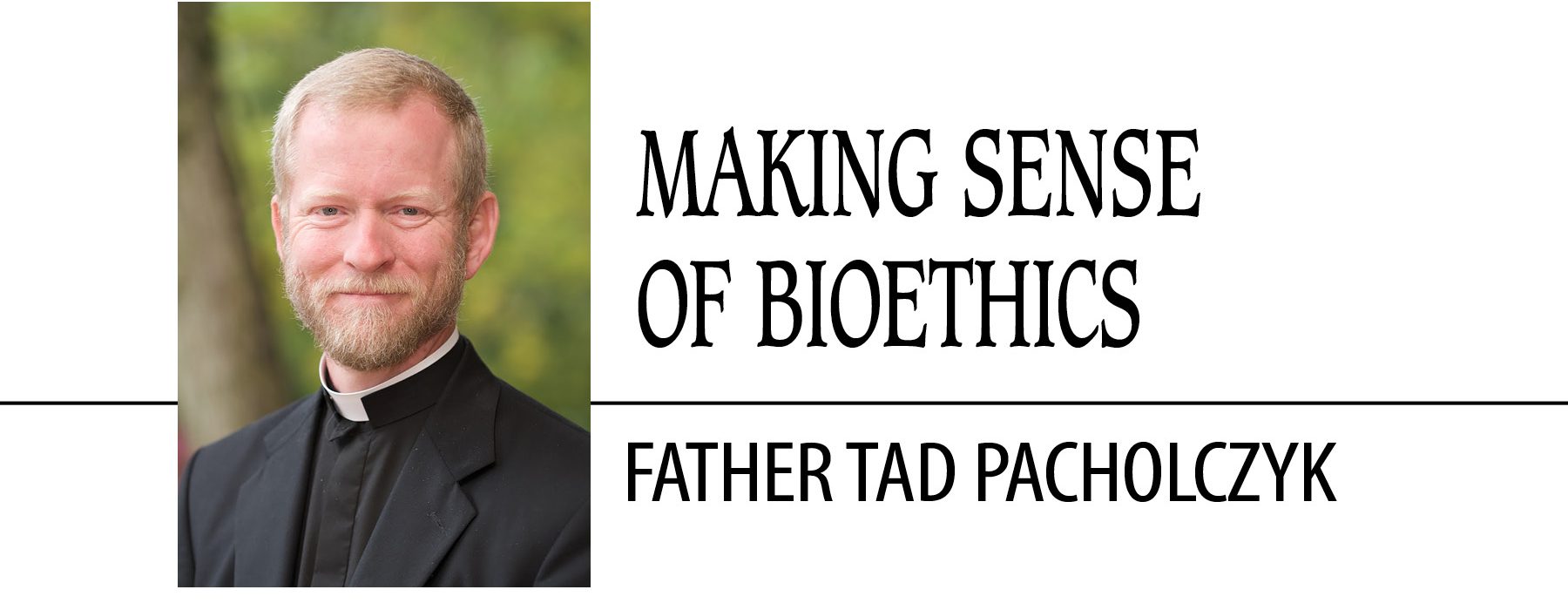October 13, 2020 // Perspective
Is mandating a COVID-19 vaccine ethical?
Virginia State Health Commissioner Dr. Norman Oliver told a local news station in August that he planned to mandate COVID-19 immunizations for Virginians once a vaccine becomes available to the public. The following day, the Governor, Ralph Northam, pulled rank on the commissioner and announced there would be no vaccine mandate after all. The health department walked back the commissioner’s earlier comments while the governor’s office issued a statement focusing on vaccine accessibility and fair distribution, not a mandate.
Virginia law, nevertheless, does empower the commissioner to issue a vaccine mandate under certain conditions. Virginia has a religious exemption for vaccines generally, but not if the state declares an “emergency or epidemic of any disease of public health importance for which a vaccine exists.” In the emergency situation, the only exemption would be for serious medical reasons, i.e. the vaccine would be detrimental to the health of the recipient, as certified by a physician.
State legislators have been pushing to update the Virginia law to include a religious exemption in an emergency declaration.
The contentious discussions in Virginia raise broader questions about vaccine mandates and exemptions.
It can be helpful to distinguish local vaccine mandates from universal ones.
A local mandate means an immunization is required for services or employment, insisting, for example, that children be vaccinated prior to admission to the local school, or workers in a hospital system be compliant with Centers for Disease Control immunization schedules as a condition for employment.
A universal mandate, meanwhile, involves a demand that all residents of a particular geographical area, such as a township, county, state or country be immunized.
Generally speaking, vaccinations should not be universally mandated, considering the unique manner in which a vaccine can impose itself upon the inner workings of the human body, and in consideration of the potentially complex set of risks that may accrue.
Especially for newly developed vaccines with uncertain profiles of efficacy, adverse events and long-term consequences, universal mandates are ethically problematic.
Only in the face of a highly virulent and deadly pathogen, with few or no alternative treatments available — and it would be doubtful whether any vaccine for COVID-19 could ever qualify in this way — might a broader, universal-type mandate become justifiable.
Even in such high risk situations, however, only a “soft universal mandate” would be justifiable, one that allowed for at least three exemptions to be liberally available to the populace: a conscience exemption, a religious exemption, and as noted earlier, a medical exemption. These exceptions provide the basis for appropriate “opt outs” to occur and for basic human freedoms to be duly safeguarded.
A local vaccine mandate to ensure the safety of a school or work environment can be acceptable and not unduly coercive, in part because no one is compelled to seek employment in the field of health care, nor to be educated in one specific school setting. Also, exemptions are oftentimes available within schools or certain health care settings.
How would a religious exemption differ from a conscience exemption?
A religious exemption would apply if the teachings of the faith of the individual to be vaccinated held that vaccines in general were immoral and contrary to God’s will, as might be the case for members of the Christian Science Church founded by Mary Baker Eddy. Since there is no Catholic teaching that the reception of vaccines, including those that rely on fetal cell lines from abortions that happened long ago, is sinful, Catholics cannot claim a religious exemption from the requirement of immunization.
A conscience exemption, meanwhile, would refer to the situation in which an individual in conscience believed that it was immoral to be vaccinated.
Some individuals might claim a conscience exemption if they were convinced, even following extensive safety and efficacy testing, that the risks of being inoculated outweighed the potential benefits.
It is Catholic teaching that one must follow one’s informed judgment of conscience even if one is in error because the conscience is our last best judgment about what is right or wrong.
Some Catholics might claim a conscience exemption out of a mistaken but sincerely held conviction that vaccinations themselves are always wrong, or that it is always immoral to receive vaccines made out of cell lines from abortions when that is the only option available.
Some states and jurisdictions do not distinguish between religious and conscience exemptions. They only make available a religious exemption, by which they often intend to include and subsume under the same heading the exercise of conscientious objection.
In sum, state-sponsored or legislative coercion through a universal vaccine mandate raises ethical concerns, especially when appropriate exemptions are unavailable.
Health officials should instead seek to educate those under their authority, through careful and patient explanation, about the importance of receiving a vaccine, so they might freely choose to do so on their own initiative.
Father Tadeusz Pacholczyk, Ph.D., serves as the director of education at The National Catholic Bioethics Center in Philadelphia.
The best news. Delivered to your inbox.
Subscribe to our mailing list today.






